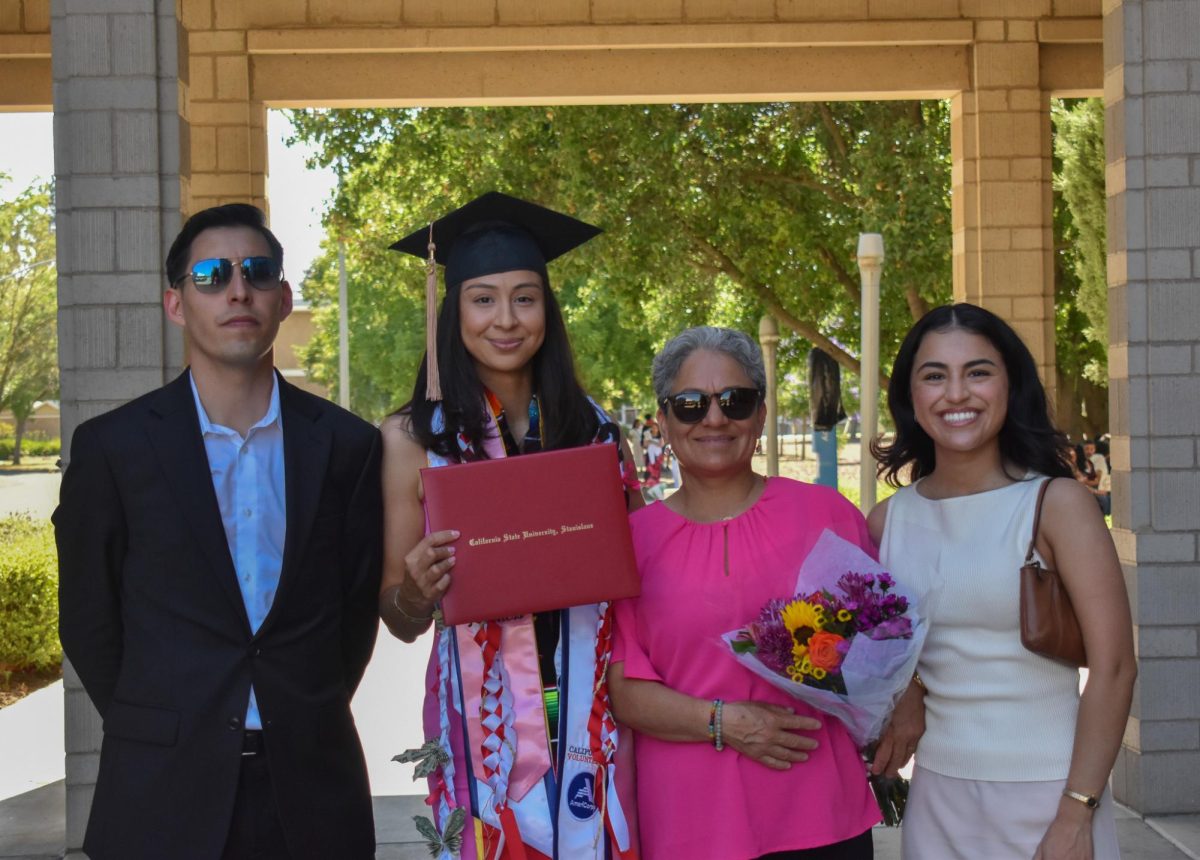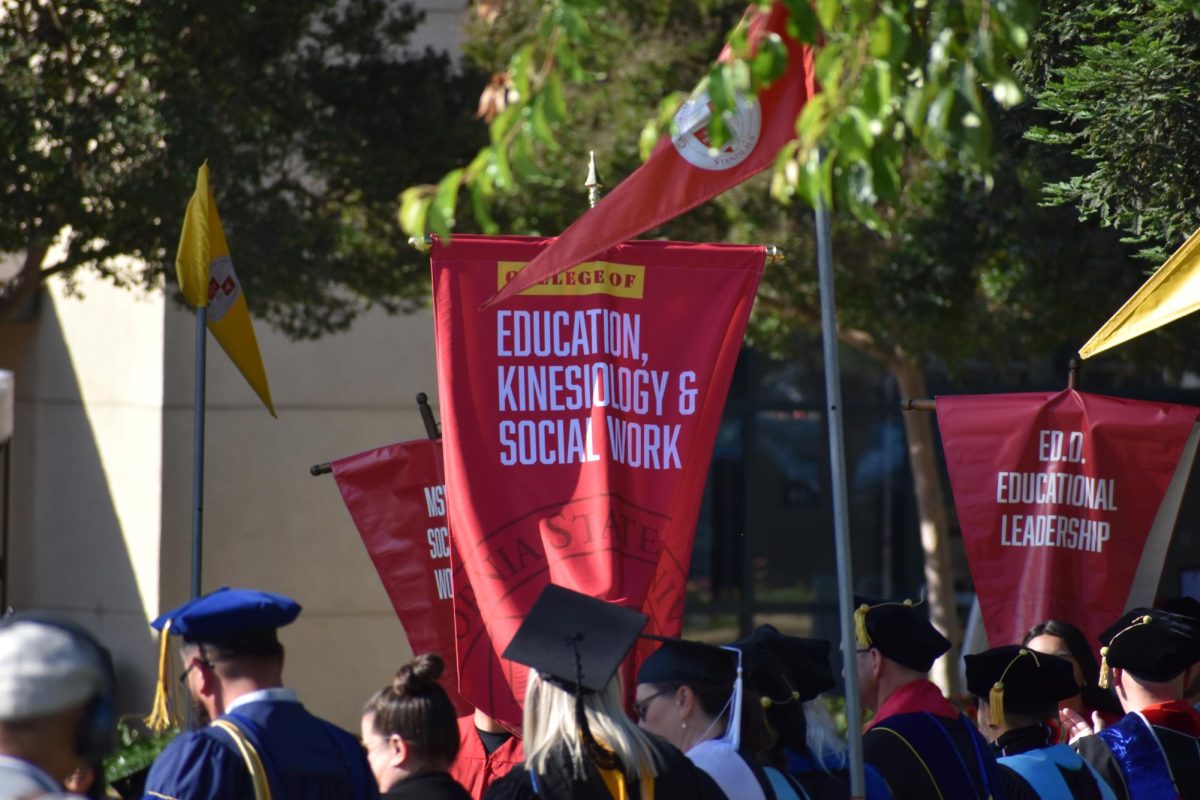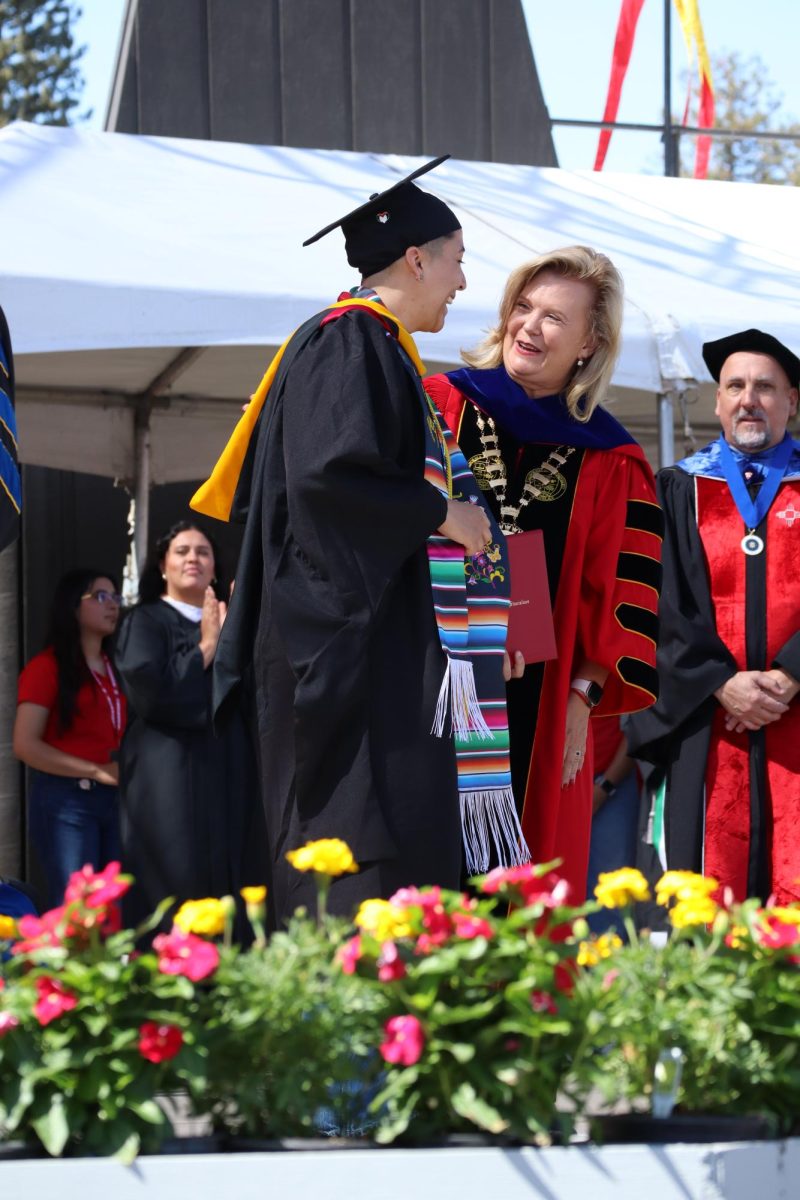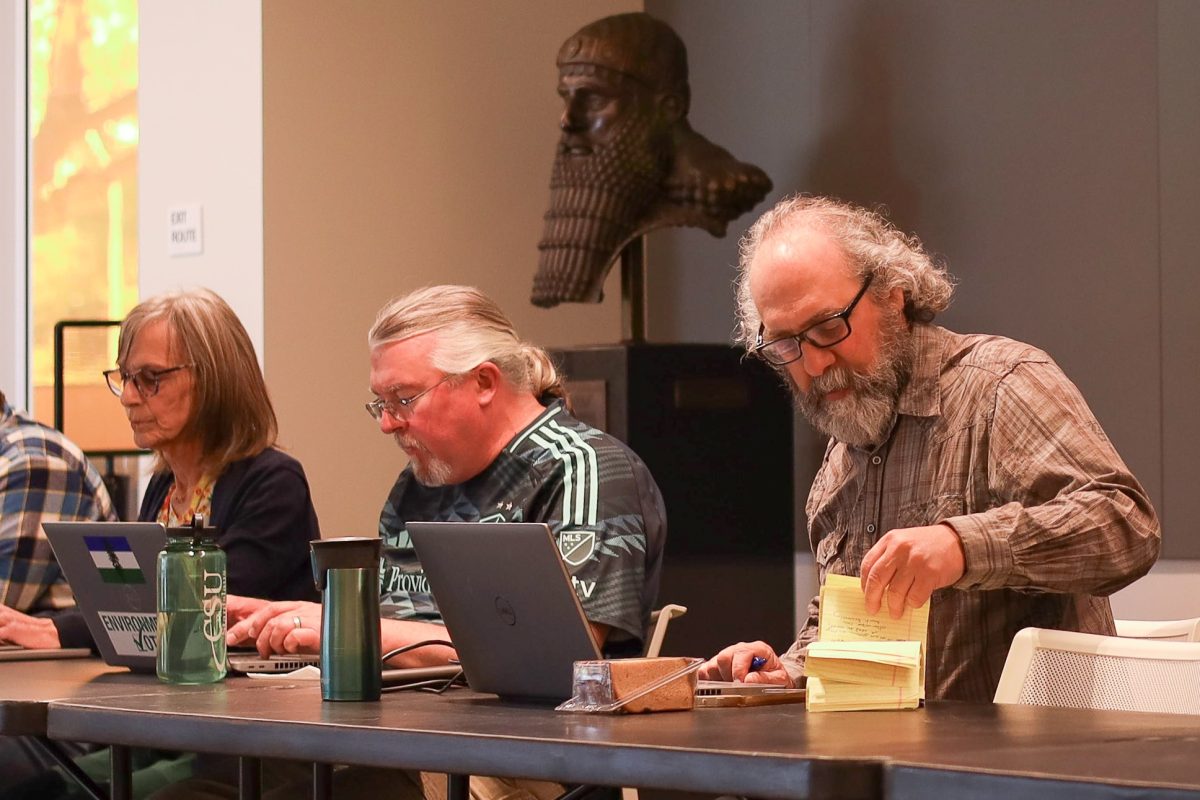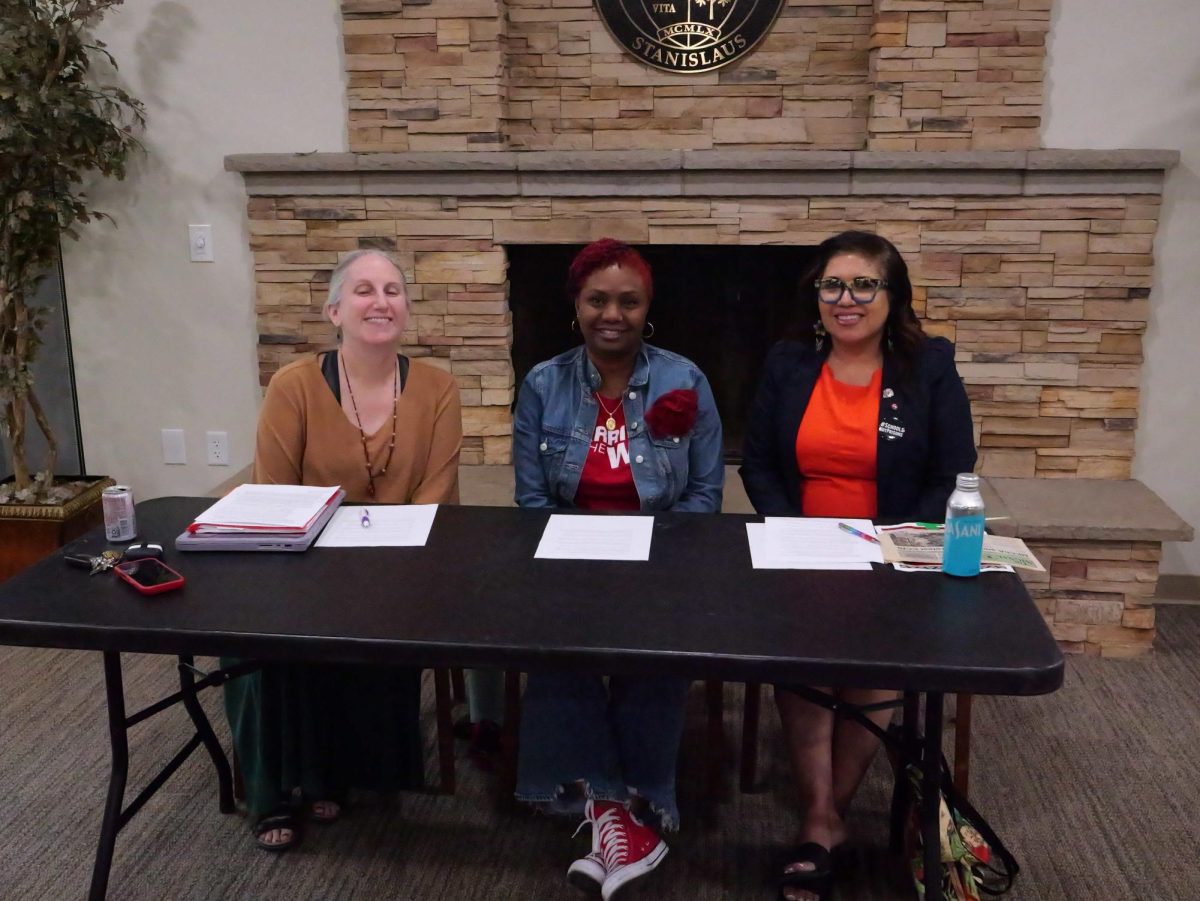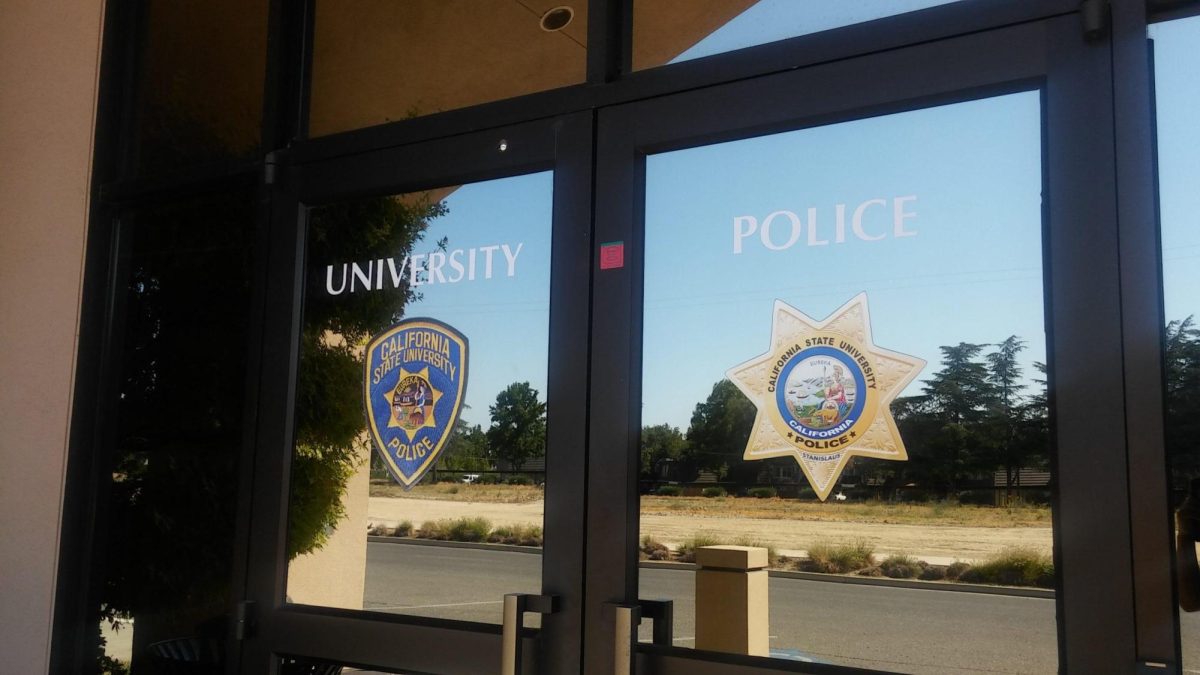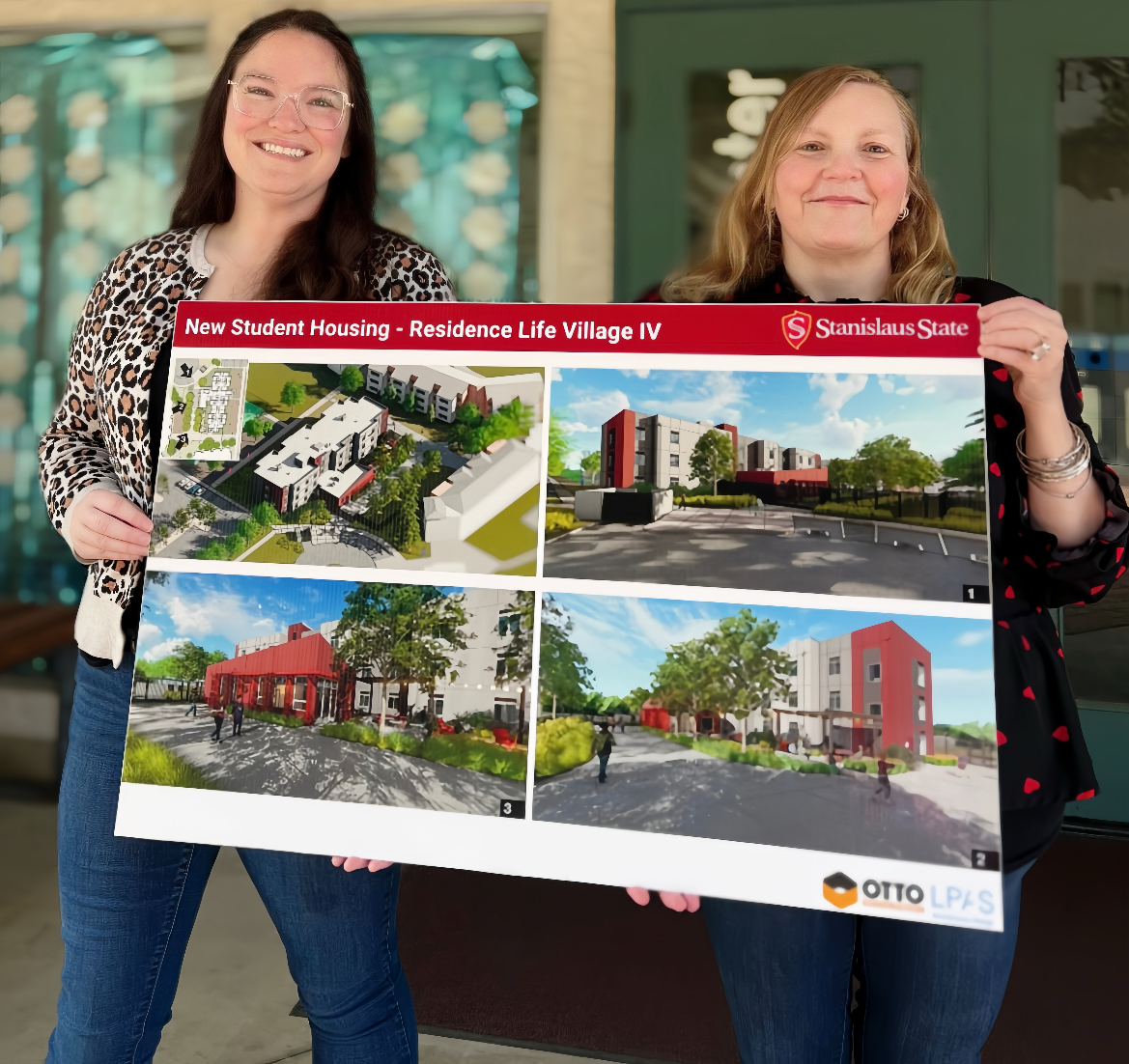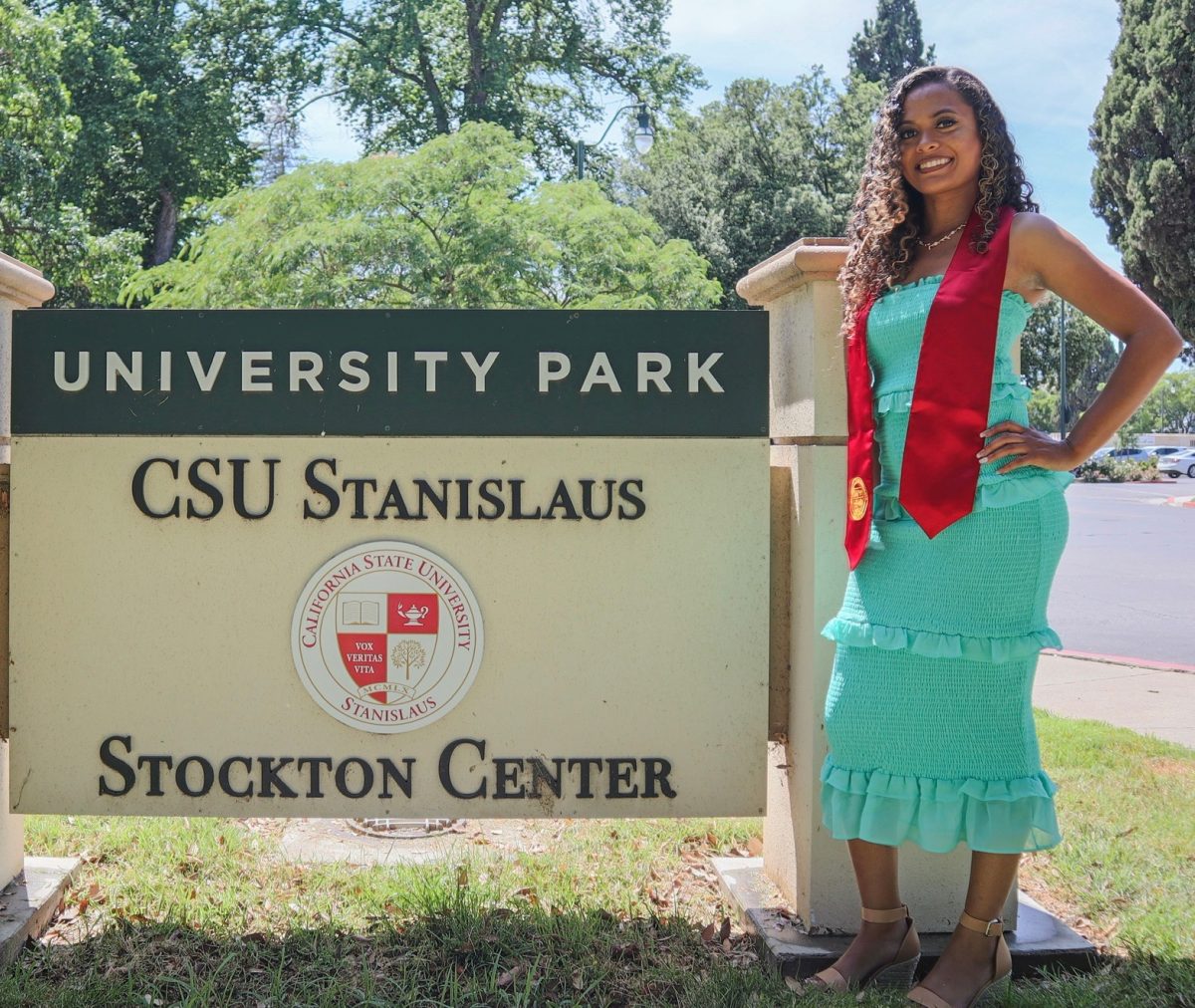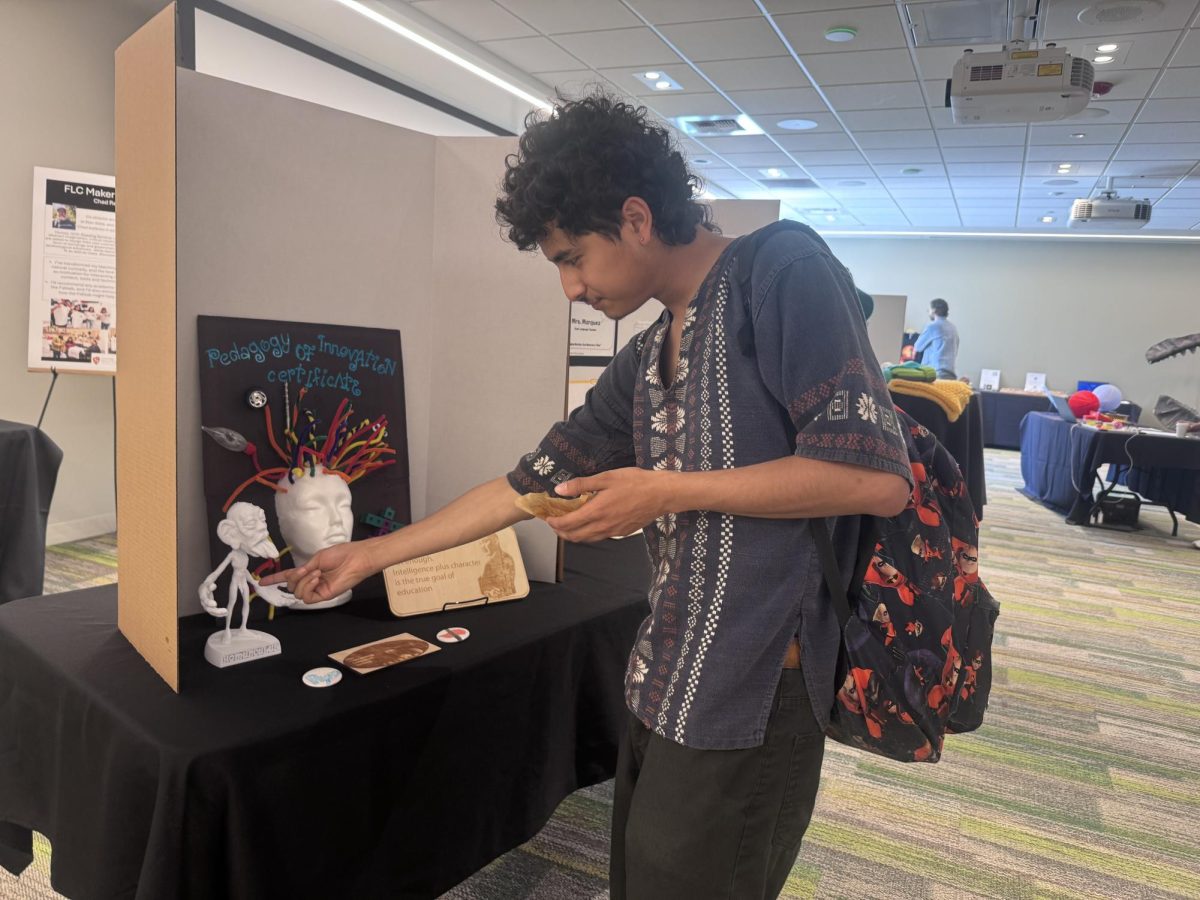Tuesday’s Academic Senate meeting included a call to action to support a paid parental leave of absence bill, an update regarding the webcam policy for spring 2023, and a new discussion item about changes made to classrooms.
Statewide Senator Dr. Steven Filling, accounting and finance professor in the College of Business Administration, asked for the Senate’s support on AB 2464. The bill would require the CSU to grant an employee a leave of absence with pay for one semester of an academic year, or an equivalent duration, in a one-year period, following the birth of a child of the employee or the placement of a child with an employee in connection with the adoption or foster care of the child by the employee.
“The whole point of this bill is to reinforce the notion that we know our folks need paid parental leave,” Filling said. “Research tells us that paid parental leave policies significantly improve maternal, physical and mental health; that they also are seen as positive influences on child development.”
With a Sept. 30 deadline for Governor Gavin Newsom to either sign the bill into law or veto it, Filling asked the Senate to wave a rule and move the topic into a second reading with a vote to pass the resolution, which it did with two-thirds majority.
“Up until yesterday, we had no idea what the governor would do,” Filling said, adding that there was some concern that the state budget would become a rationale for vetoing a number of things.”
Filling noted that 3,000 letters supporting AB 2464 were being delivered to the governor’s desk on Wednesday, and Filling hoped to add the Senate’s comments of support to the stack.
“It felt to us like we needed to make a statement to the governor in pursuit of having him sign it,” Filling said.
If enacted the bill would include all CSU employees including; faculty, staff, and student assistants, who accumulate at least 1,250 hours in the 12 months prior.
Tech upgrades, Webcam Policy and Transit Partnerships
During committee reports, Dr. Peggy Hauselt, professor of geography and environmental resources, shared in her capacity as chair of the Academic Technology and Learning Committee (ATLC) that ongoing classroom technology upgrades that had been expected to take place in the winter are behind schedule. Delays have been caused by supply chain issues, but upgrades will be rolled out as soon as equipment is available.
Hauselt also discussed the revised webcam policy update for spring 2023, which is set to include the addition of on-screen text in the catalog that will inform students that they may be required to turn cameras on during class. She said the committee will also be reviewing the preferred name policy as it relates to technology changes.
Destiny Suarez, president of Associated Students Inc. (ASI), discussed the organization’s efforts to continue pursuing transit options for the Stan State community. As they finalize the contract with Turlock Transit, she said they are moving on to working with Stanislaus Regional Transit (START) to expand ride options further into the Stanislaus County area.
“A lot of students have been voicing that this is something they really want and need,” Suarez said. “It will further push the accessibility and sustainability on campus.”
Possible Classroom Alteration Policy
Citing an ongoing issue for faculty members, Speaker of the Faculty Dr. Koni Stone, professor of chemistry, introduced a topic for discussion regarding changes to classrooms enacted without input from faculty. Such changes include technology upgrades and furniture layout in a classroom space.
“I personally want to have a policy that if you’re going to change my teaching space, at least ask me about it first,” Stone said.
Senator Dr. Dave Colnic agreed that this is a big issue for faculty, explaining that the California faculty Association (CFA) has recently handled a number of representation issues that include this topic. Colnic, professor of politics and public administration, serves as chapter president of CFA on the Faculty Rights Team.
“Some of these have been directly related to these classroom technology issues, where faculty were unable to teach in settings that had been changed without notice,” Colnic said. “I think you will find a lot of support for this from the faculty.”
Stone requested that any faculty with comments and concerns about changes to classrooms should contact her.
The next Academic Senate meeting is scheduled for Oct. 4.






